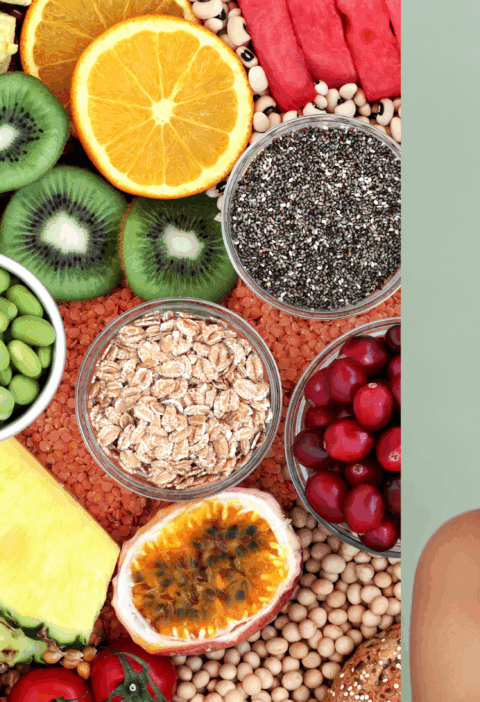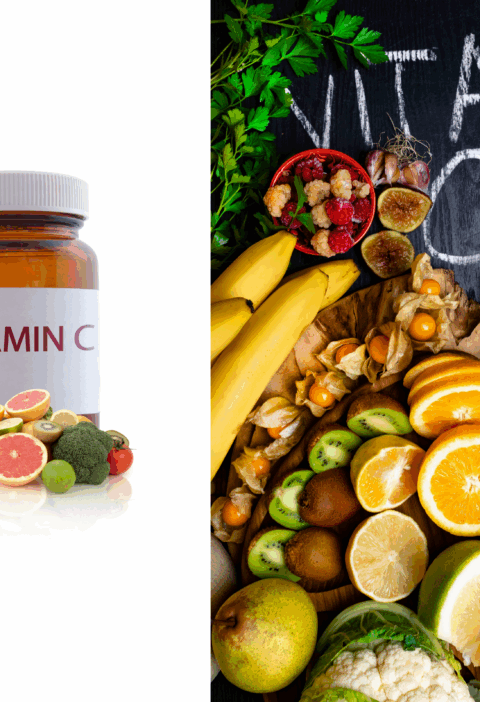
Why Vitamin D Matters
Often called the “sunshine vitamin,” vitamin D plays a key role in your overall health. It supports strong bones by helping your body absorb calcium, keeps your immune system working efficiently, and may even boost your mood. Yet, many people don’t get enough of it, especially during colder months or if they spend most of their time indoors.
How Much Vitamin D Do You Really Need?
The amount of vitamin D you need depends on your age, lifestyle, and where you live. According to most health guidelines:
- Infants (Under 12 months): 400 IU (10 mcg) per day
- Children & Adults (1-70 years): 600 IU (15 mcg) per day
- Older Adults (71+ years): 800 IU (20 mcg) per day
People with limited sun exposure or darker skin tones may need more to maintain healthy levels. It’s best to talk with your healthcare provider before taking supplements since too much vitamin D can cause side effects.
Can You Get Enough Vitamin D From Food?
Yes, but it can be challenging because few foods naturally contain vitamin D. That’s why incorporating fortified options and variety is key. Here are some of the best sources:
Natural Sources
- Fatty Fish: Salmon, mackerel, tuna, and sardines are excellent choices. A 3-ounce serving of salmon can provide around 400–600 IU.
- Egg Yolks: One large egg yolk contains about 40 IU of vitamin D, small, but every bit helps!
- Beef Liver: Not for everyone’s taste, but a nutrient-rich option for those who enjoy it.
Fortified Foods
- Milk and Plant-Based Alternatives: Cow’s milk, almond milk, soy milk, and oat milk are often fortified with vitamin D.
- Breakfast Cereals: Many brands add vitamin D to help you start your day strong.
- Orange Juice: Look for labels that say “fortified with vitamin D.”
Sunshine: The Natural Source
Your body can produce vitamin D when your skin is exposed to sunlight. Spending 10-30 minutes outdoors several times a week, without sunscreen, can often meet your needs. However, this depends on the time of year, your location, and your skin type. During winter months or in areas with little sunlight, food and supplements become more important.
Practical Tips to Boost Vitamin D Naturally
- Add a serving of salmon or tuna to your weekly meal plan.
- Enjoy a fortified smoothie made with almond milk and a banana.
- Make scrambled eggs for breakfast with whole eggs instead of just whites.
- Spend a few minutes in the morning sunlight whenever possible.
The Bottom Line
Vitamin D is small but mighty. It strengthens your bones, supports your immune system, and helps keep your body in balance. With the right mix of sunshine, smart food choices, and, if needed, supplements, you can maintain healthy vitamin D levels all year long.


